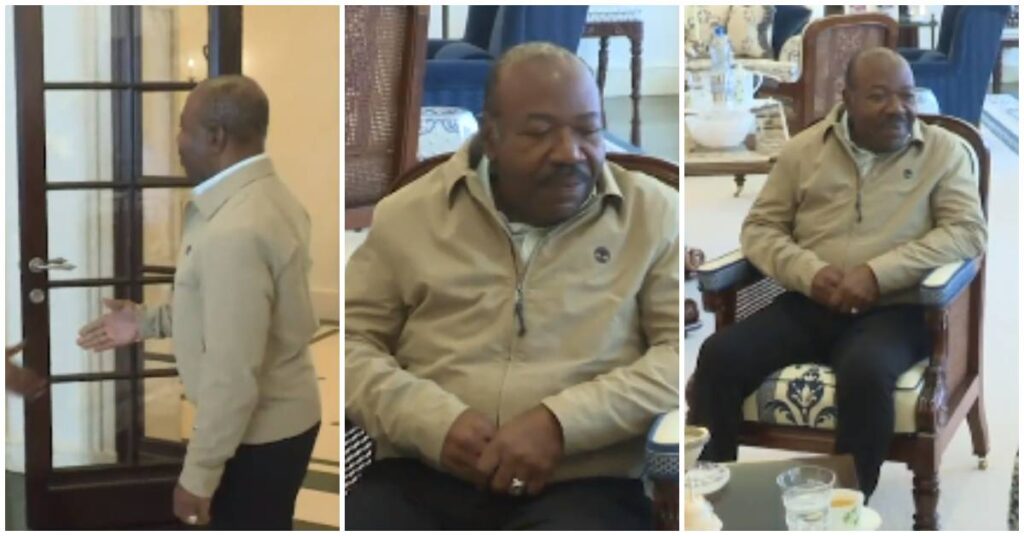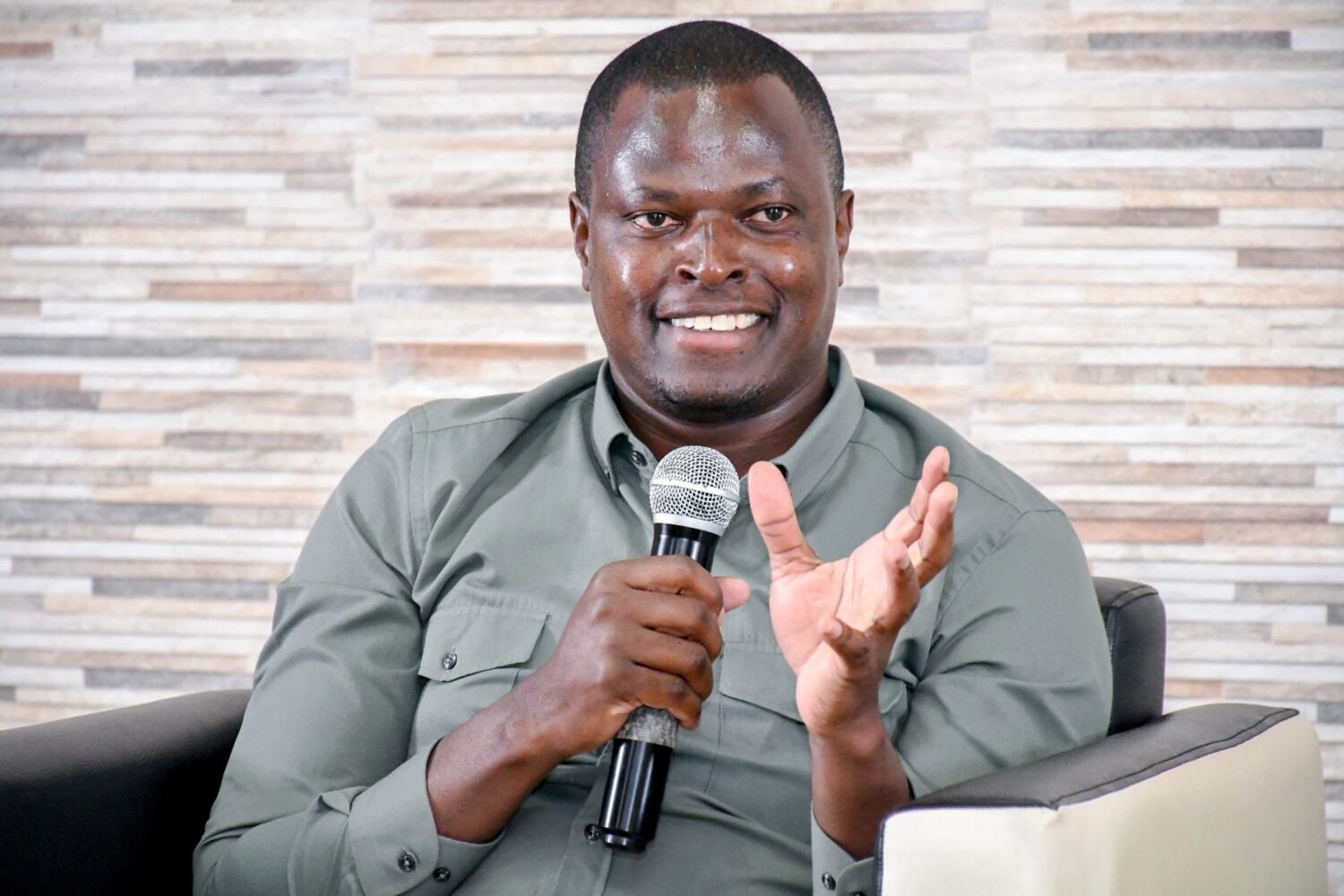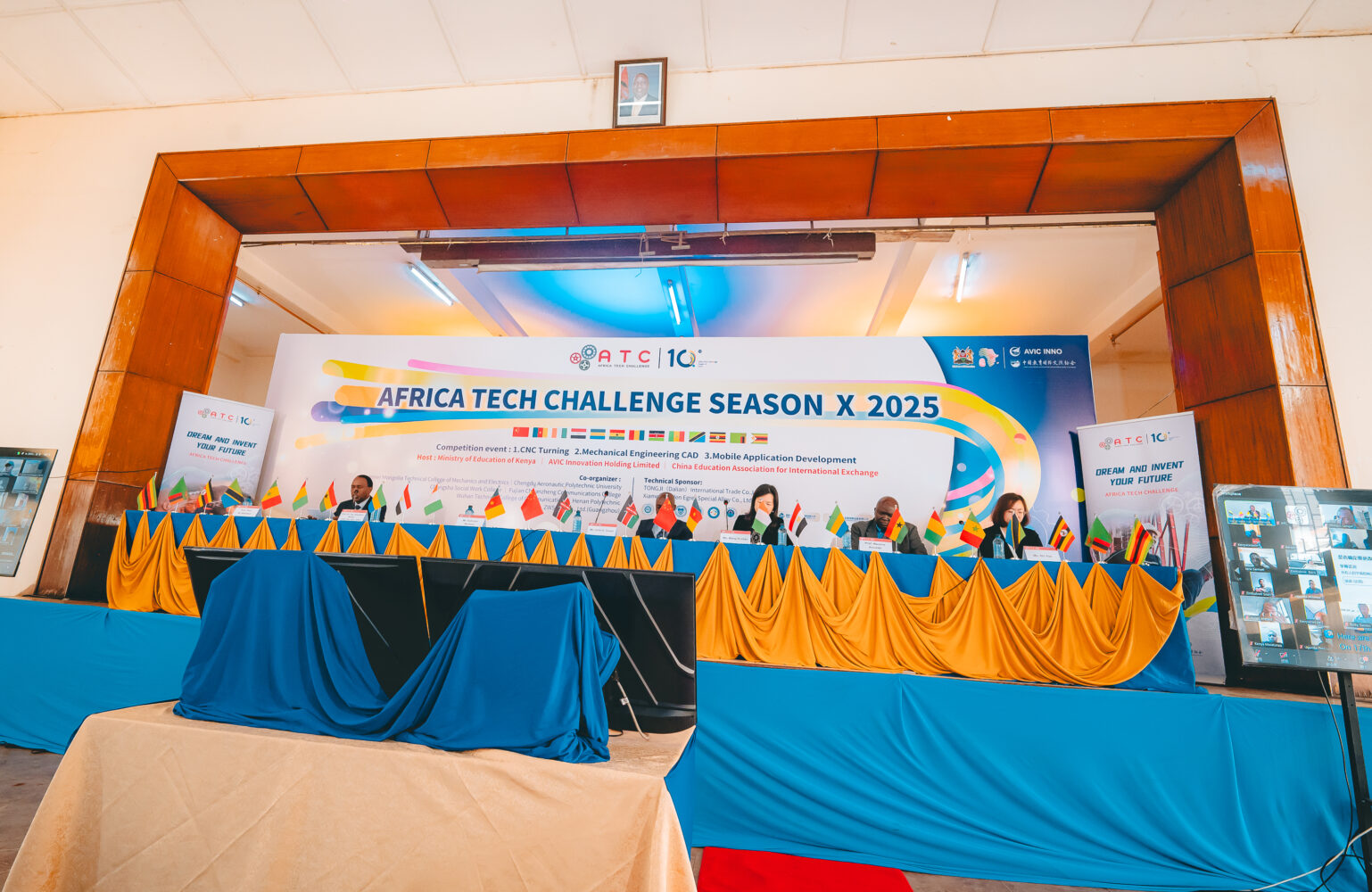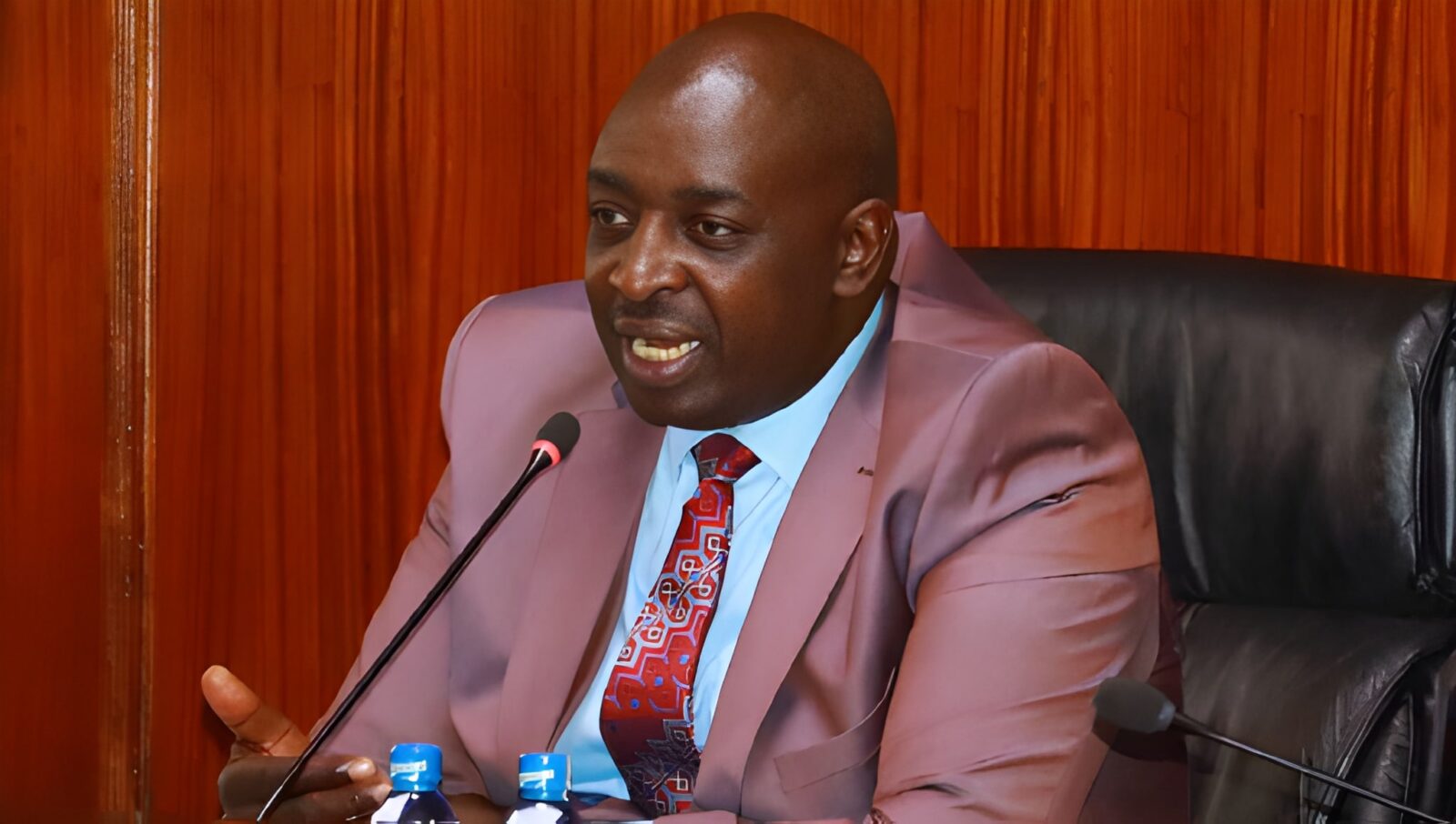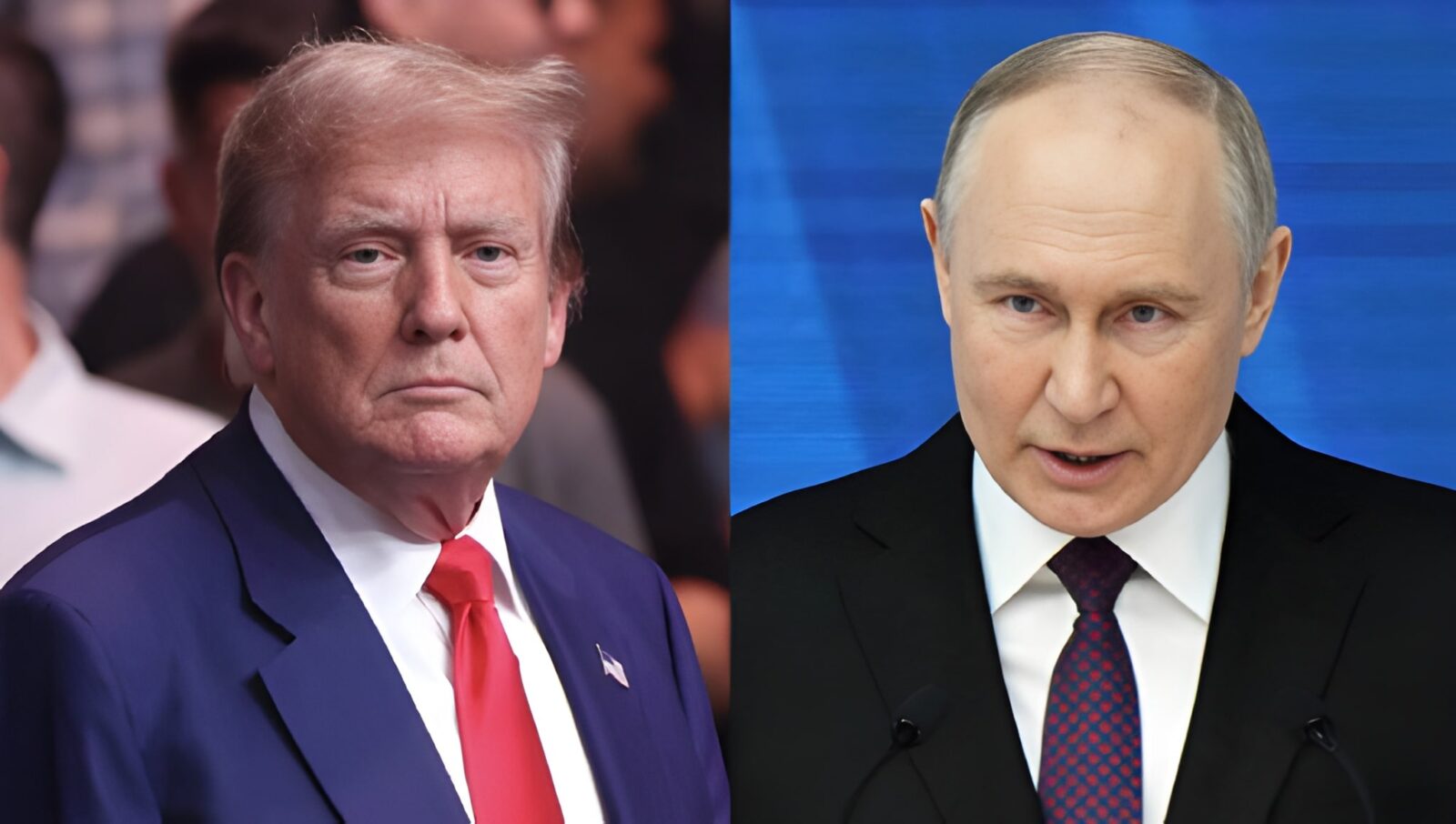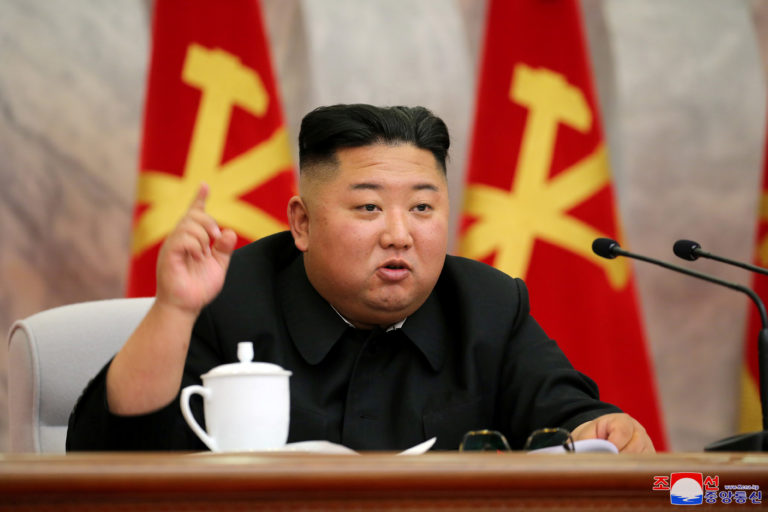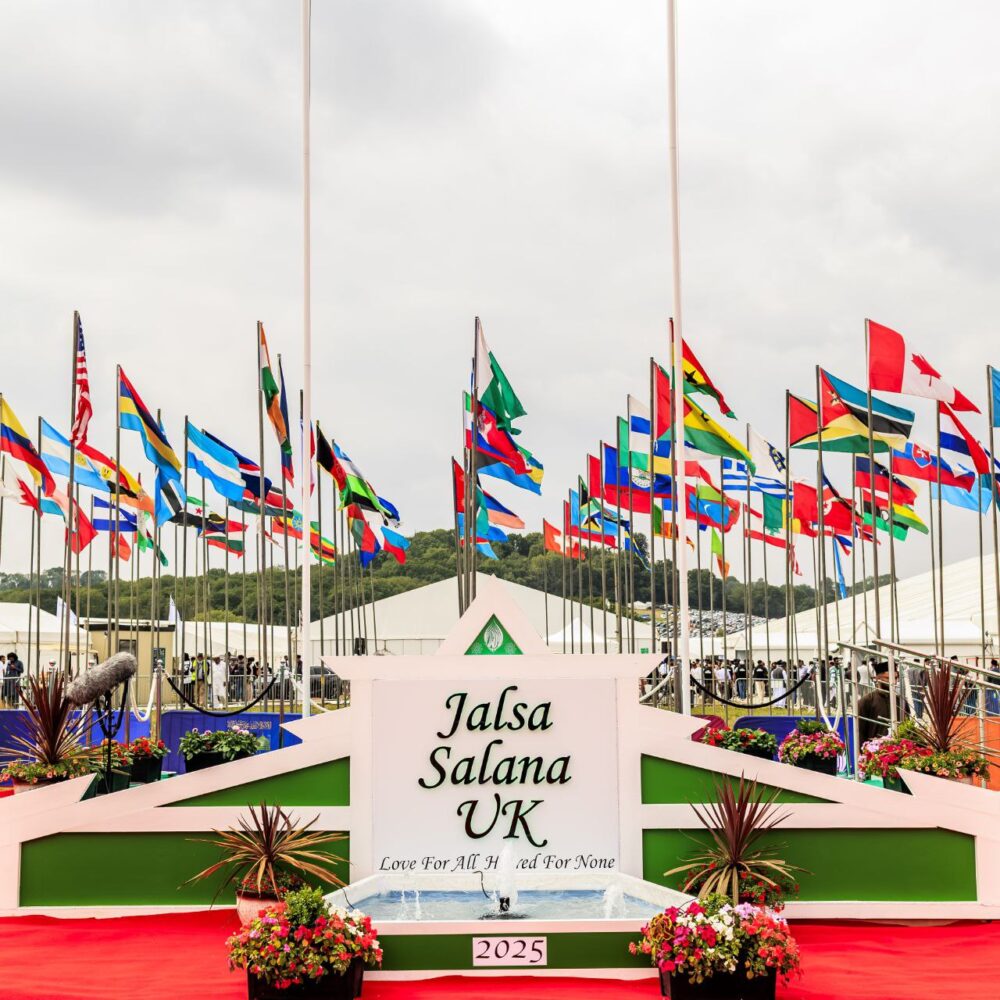Gabon’s ousted President Ali Bongo is now a free man, a week after he was taken into house arrest following a military coup.
Gen Brice Oligui Nguema, the interim President of Gabon, released a statement on Wednesday evening announcing that Bongo was released to access specialized medical care.
“Given his state of health, former president Ali Bongo Ondimba is free to move about. He may, if he wishes, travel abroad to undergo medical check-ups,” said the military faction spokesperson on national TV.
In a viral video shared by the soldiers, Bongo appeared to be in good condition.
Bongo reportedly suffered a stroke in 2018 which kept him out of office for almost 10 months. At the time, he received treatment in Morocco.
Gabon faces fresh elections
General Nguema, the army general who led the military coup was on Monday, September 4 sworn in as the “transitional president”.
He received a standing ovation from an audience consisting of military officers and government officials upon taking the oath of office.
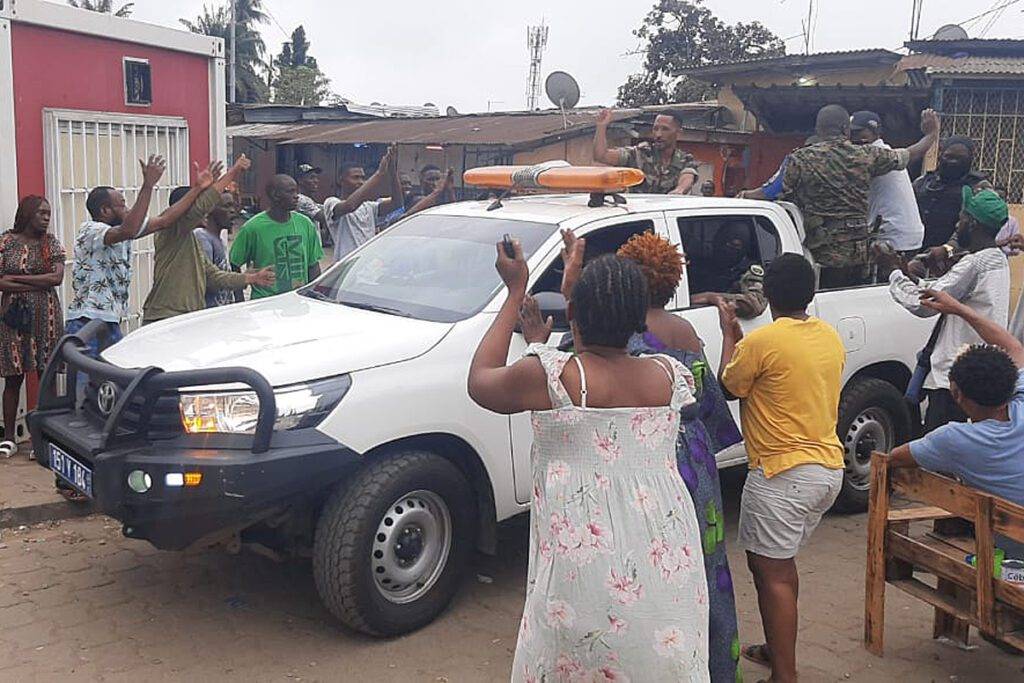
General Nguema promised to oversee “free, transparent, credible and peaceful elections”, although he did not state a specific date for the polls.
He pledged to create more democratic institutions that respect human rights.
Gabon’s coup becomes the eighth in West Africa
The military took over power on August 30 and kept deposed President Bongo under house arrest.
In his statement at the time, General Nguema cited the latter’s state of health as one of the reasons why they overthrew him.
Oligui is a cousin of Bongo and served as a bodyguard to Bongo’s late father. He was also the leader of Gabon’s republican guard, an elite military unit.
Presidential election nullified
The August 30 coup came just hours after the Gabonese Election Centre (GCE) had declared Bongo winner of the presidential election, winning his third term.
According to GCE, Bongo had won 64.27% of the vote, while his main challenger, Albert Ondo Ossa, had come in second place with 30.77%.
The opposition had termed the election results a fraud.
Gabon’s coup became the eighth in West and Central Africa within a span of three years.


